EL RANCHO
Our philosophy is based on a sustainable farm that is mainly dedicated to raising goats and their genetic improvement for the production of milk with which we produce excellent quality dairy products. Rancho Avellanas is a farmstead; this is the legal and controlled denomination of the cheeses made by hand with milk from the herd raised by the farmer. Twice a day, our goats feed mainly on pastures produced and grown on the farm, this guarantees the welfare of the animals and the quality of the milk; it is also reflected in the premium taste of our products. We have more than 46 solar panels to power all of our production.
OUR GOATS AND OUR PROCESS
Just a few bumpy kilometers from Playa Avellanas, in the northwestern province of Guanacaste, you’ll find what are perhaps the cleanest, happiest, sweetest and – above all – most affectionate goats on the planet.
These impossibly cute creatures live on a postcard perfect, 20-hectare farm with other delightful animals: pastured pigs, free-range hens, and geese. With tails wagging, the goats produce nutritious milk for 100 percent natural, preservative-free dairy products. Milk, yogurt, greek yogurt and Chèvre, Pinilla and Gouda cheeses (and occasionally even ice cream) are just a few of the many artisanal goods made here each day.
Rancho Avellanas’ goats are happy because farm owner Carlos Carranza has an understanding of animals from a veterinarian’s point of view – one that comes from years of working with wildlife. “We treat them really well – not like they’re just animals,” noted his wife, Hilda. “We respect and look after them, and they have plenty of space to live happily.”
As producers they are convinced that maintaining healthy and happy animals results in better quality products. They understand that respect for the land and its environment is fundamental to any agricultural activity. Only then, is it possible to achieve growth in harmony with nature.
With this in mind they have dedicated their time and land not only to the animals, but also to what they consume. Plant species of shrubs, legumes and grasses are very high in protein and healthy nutrients; perfect food for their animals. Also, the cabraza (waste of goats) provides them with an organic fertilizer avoiding the use of chemicals.
Their products are made exclusively with milk produced on the farm, thus ensuring the best quality. Carlos and Hilda are convinced that going back to basic methods of production and animal treatment, emphasizing good nutrition and a production system free of antibiotics makes the best dairy products in the land!
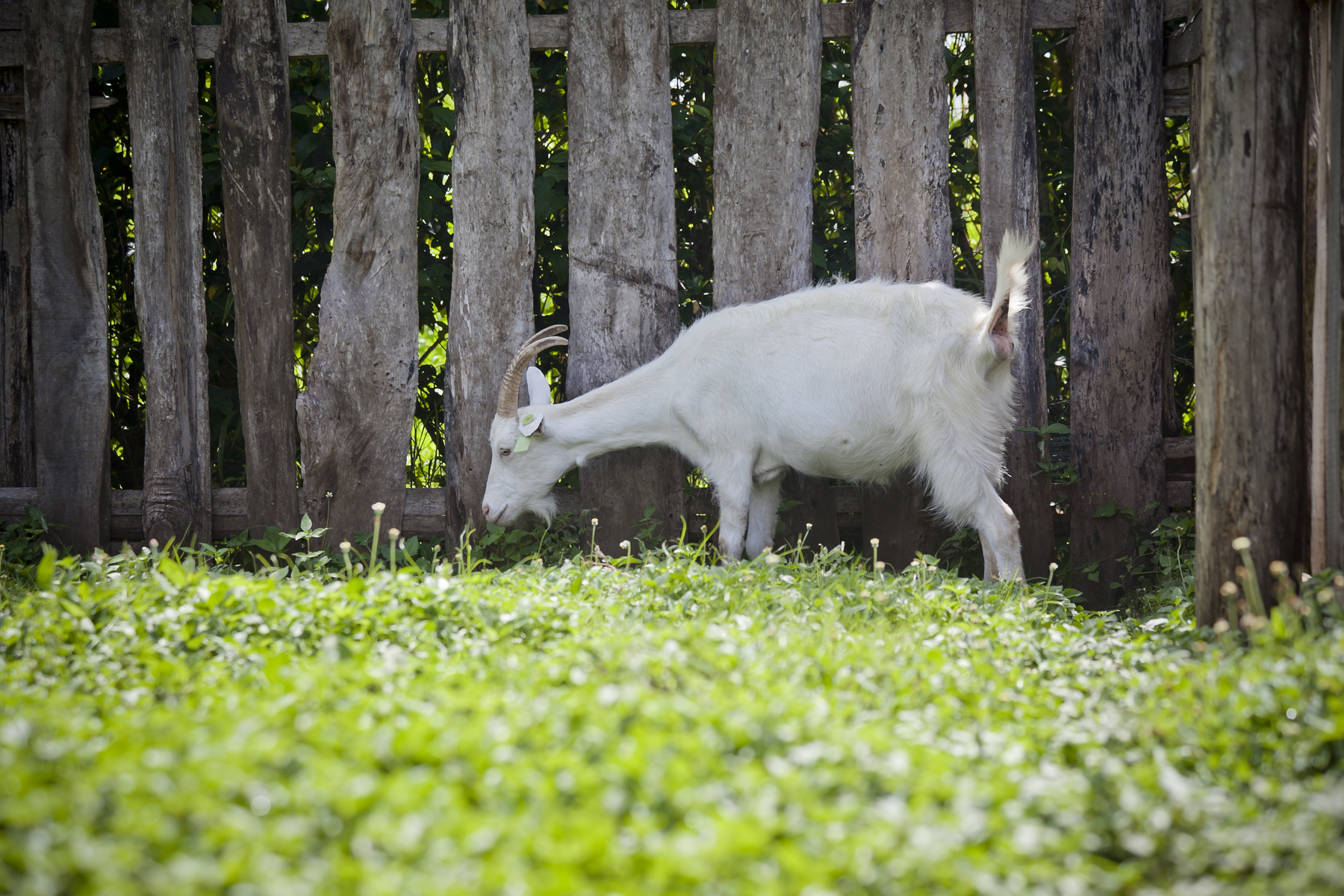
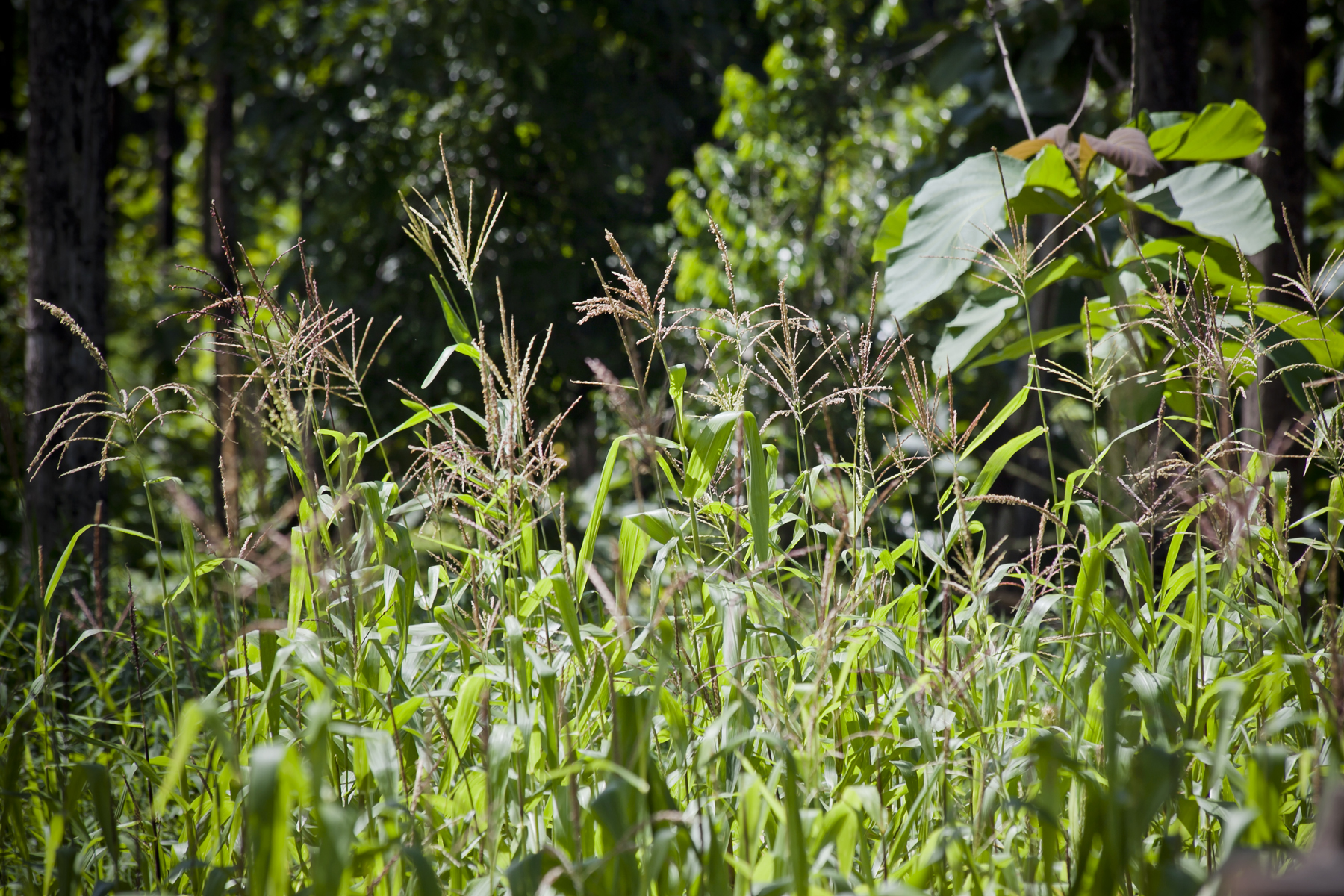
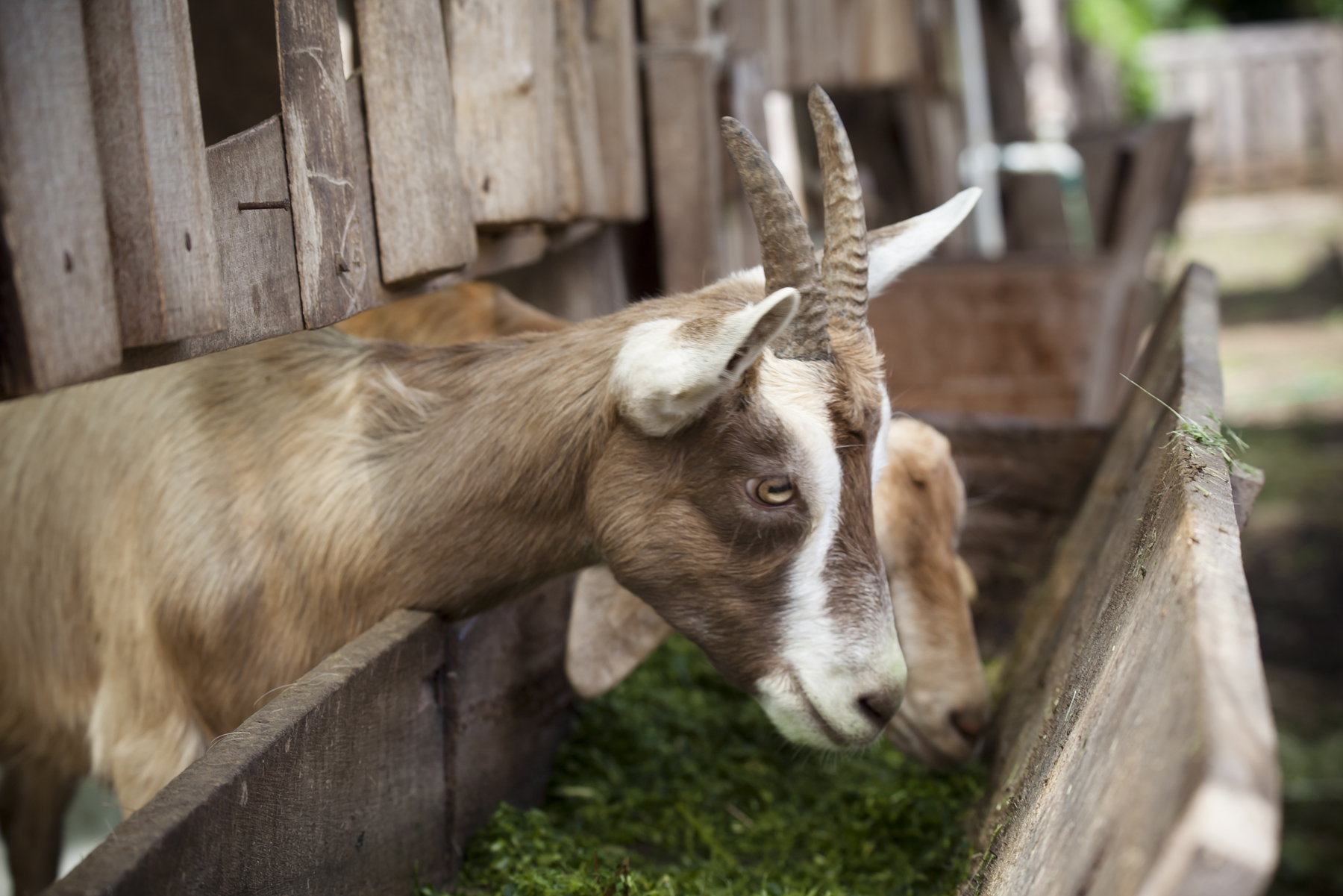
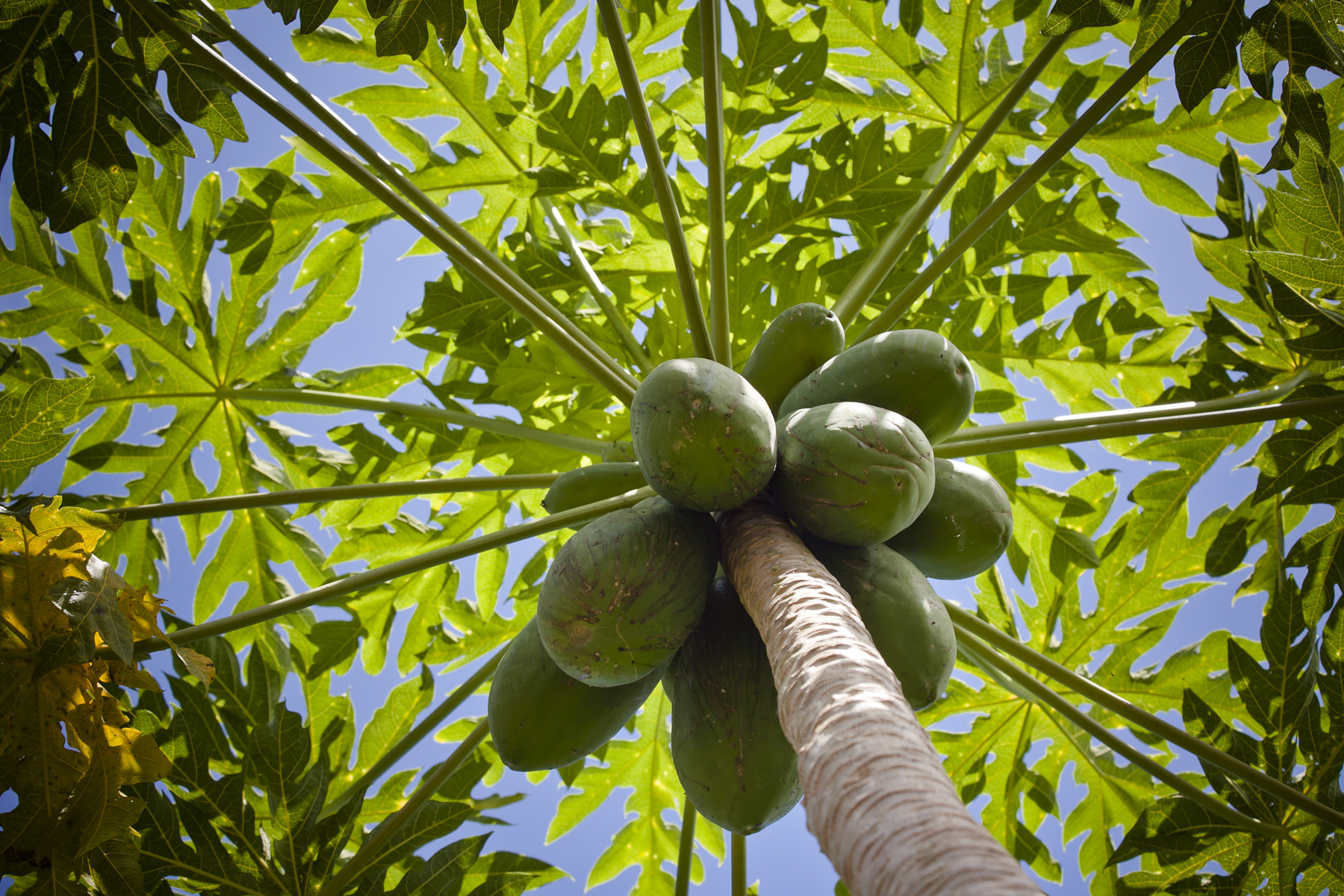

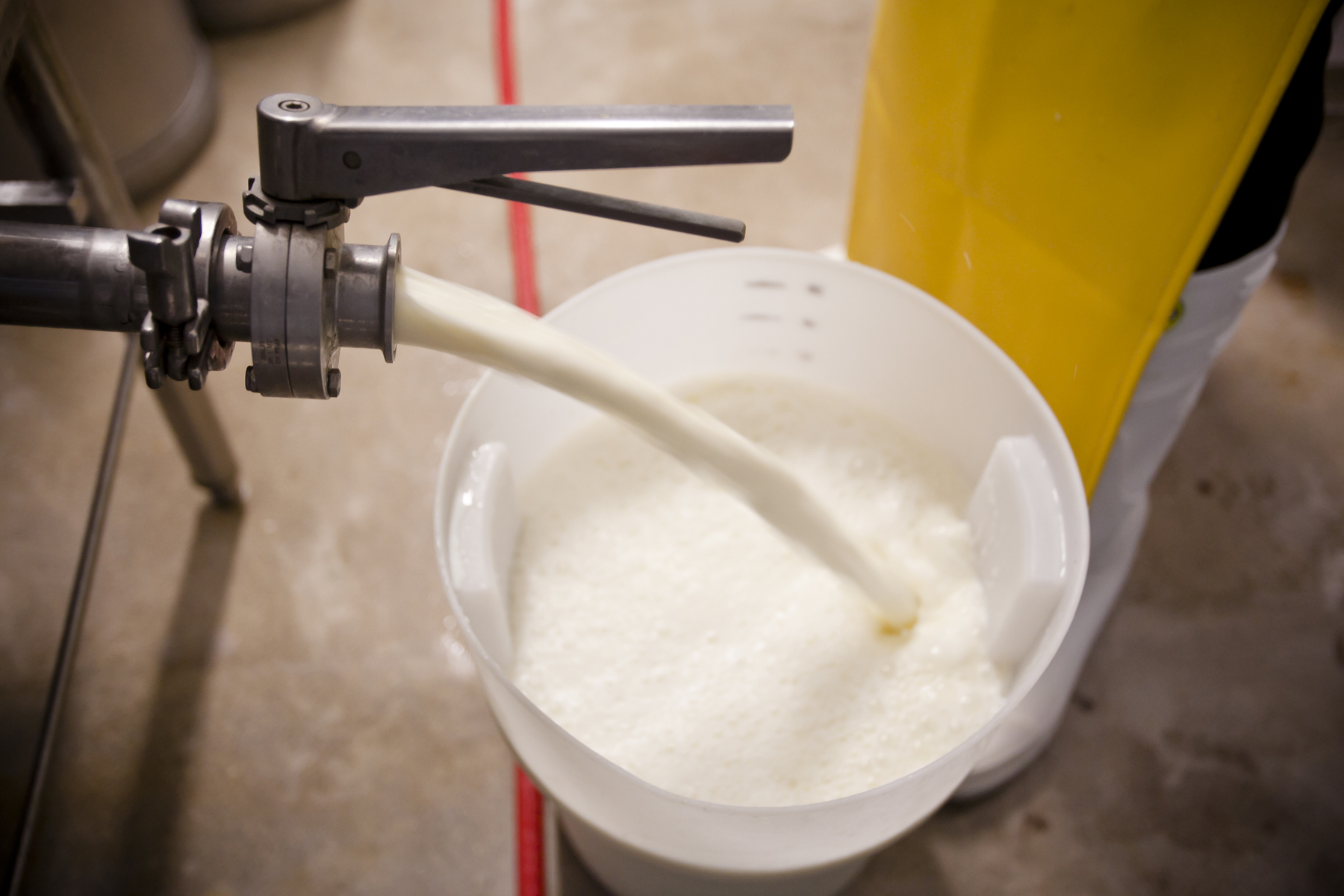
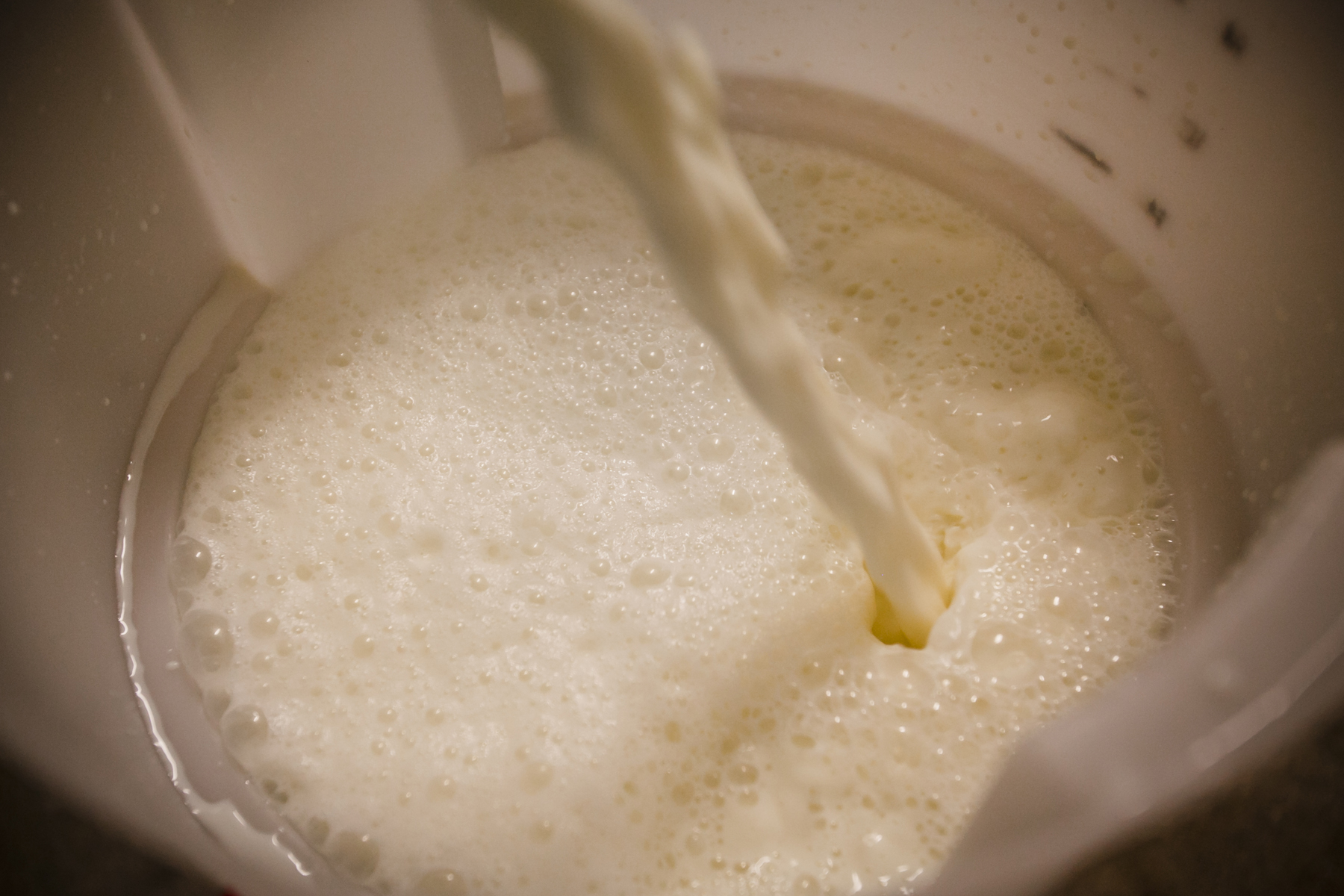

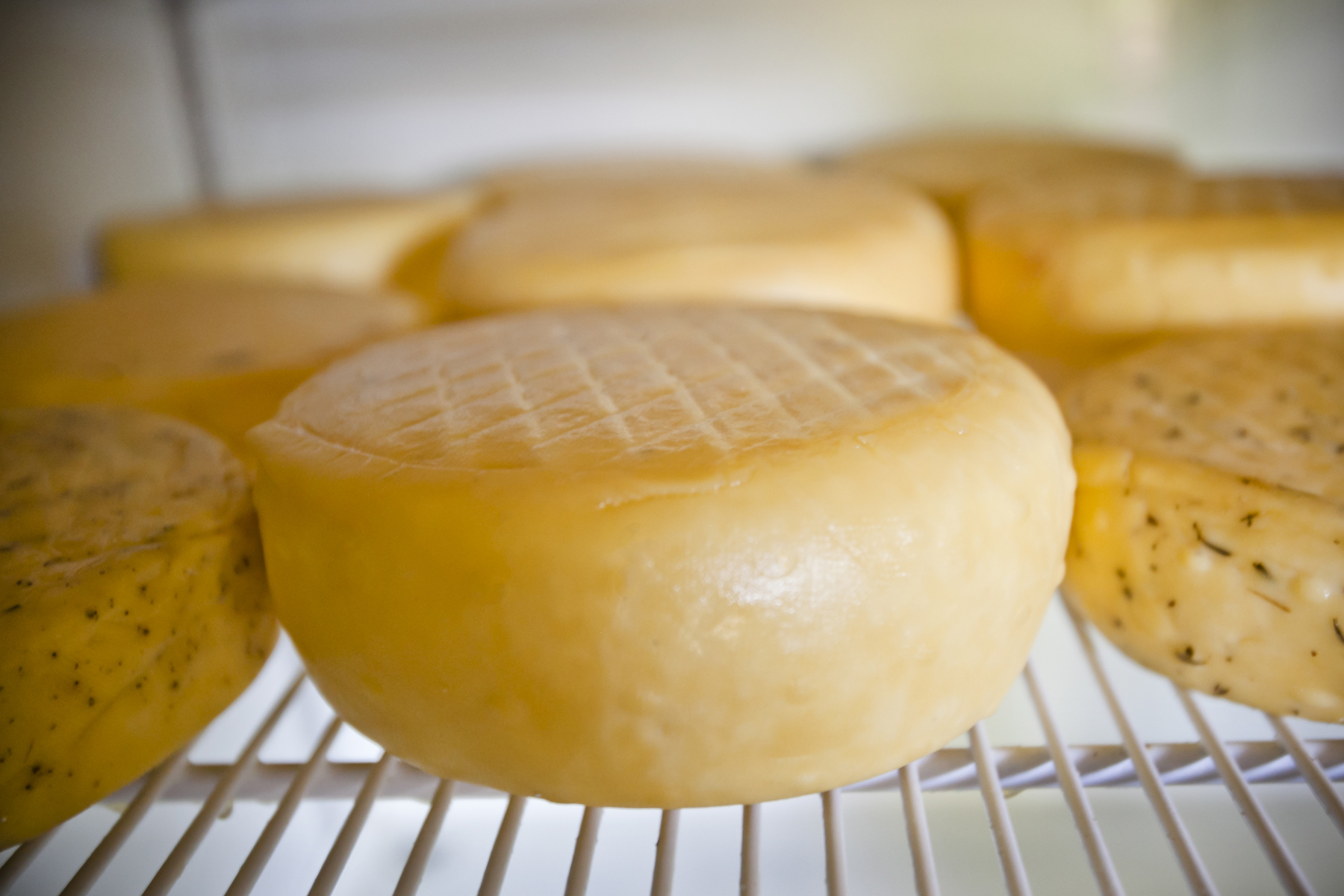
BENEFITS OF GOAT MILK
“If you have lactose problems, goat milk doesn’t affect you,” assures Carlos. “The chains on the fatty acids are shorter, so you metabolize them more quickly. It’s all I drink. They say that it maximizes your immune system.”
For centuries, the goat has been thought of as an all-in-one domestic animal. Providing both milk and meat (as well as fibers and goatskin leather), goats have proven to be well-paired with humans.
Many argue that goat milk is better adapted for human consumption than cow milk. It’s extremely nutritious, full of riboflavin and easily digested. Zeus drank it in Greek mythology, and charity programs encourage donating a goat to a family in Africa to transform someone’s quality of life.
Carlos jokes that if it was good enough for Zeus, it’s good enough for him.
Because of the many health benefits, Carlos aimed to encourage his neighbors to look into keeping the low-maintenance animals as a source of milk. He noted, “For many years, people lived naturally. Not just thinking of urbanization, condos and hotels. Everyone had their hens, their pigs, their cows … and we were losing that. I thought it would be interesting to bring that back.”



